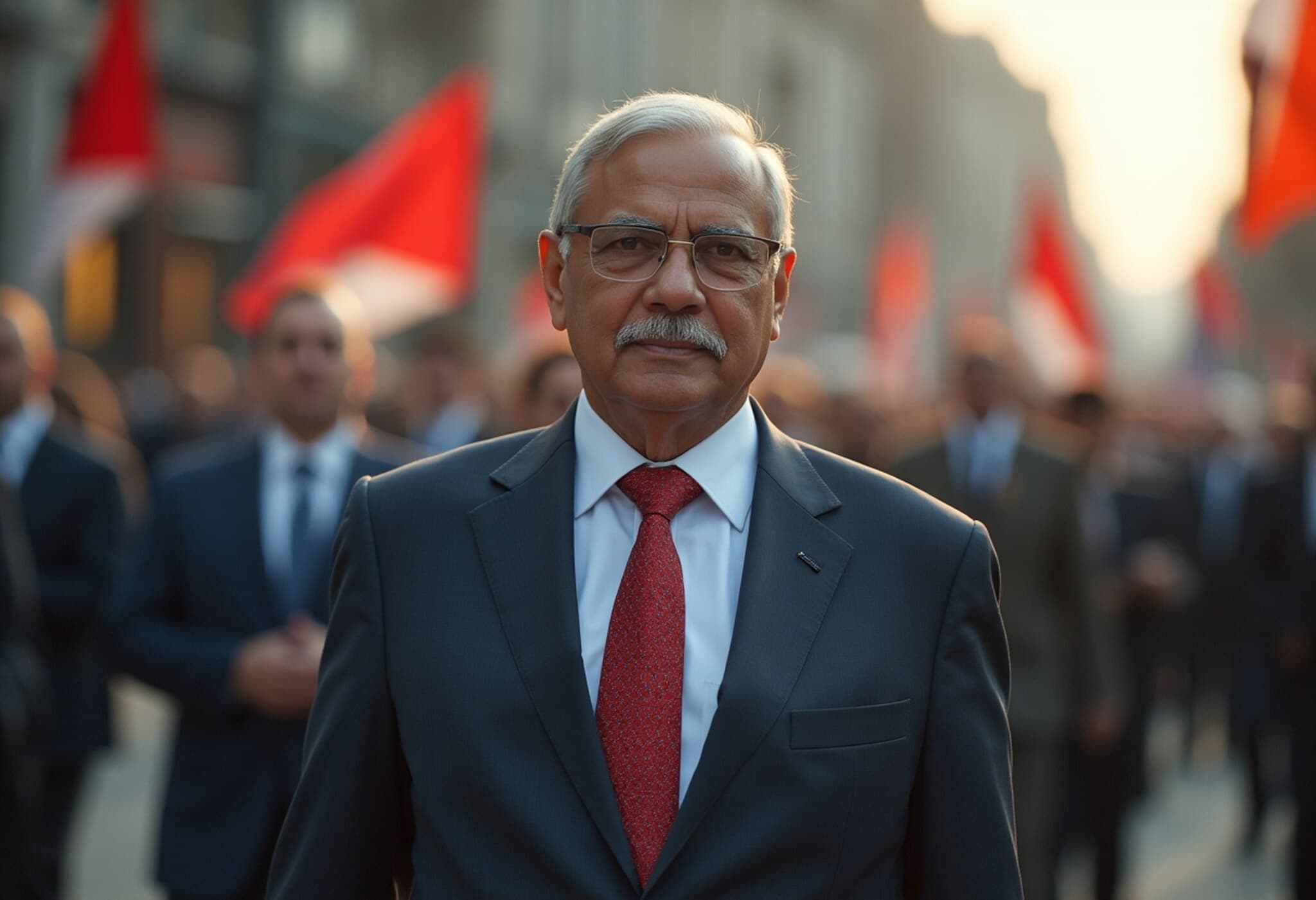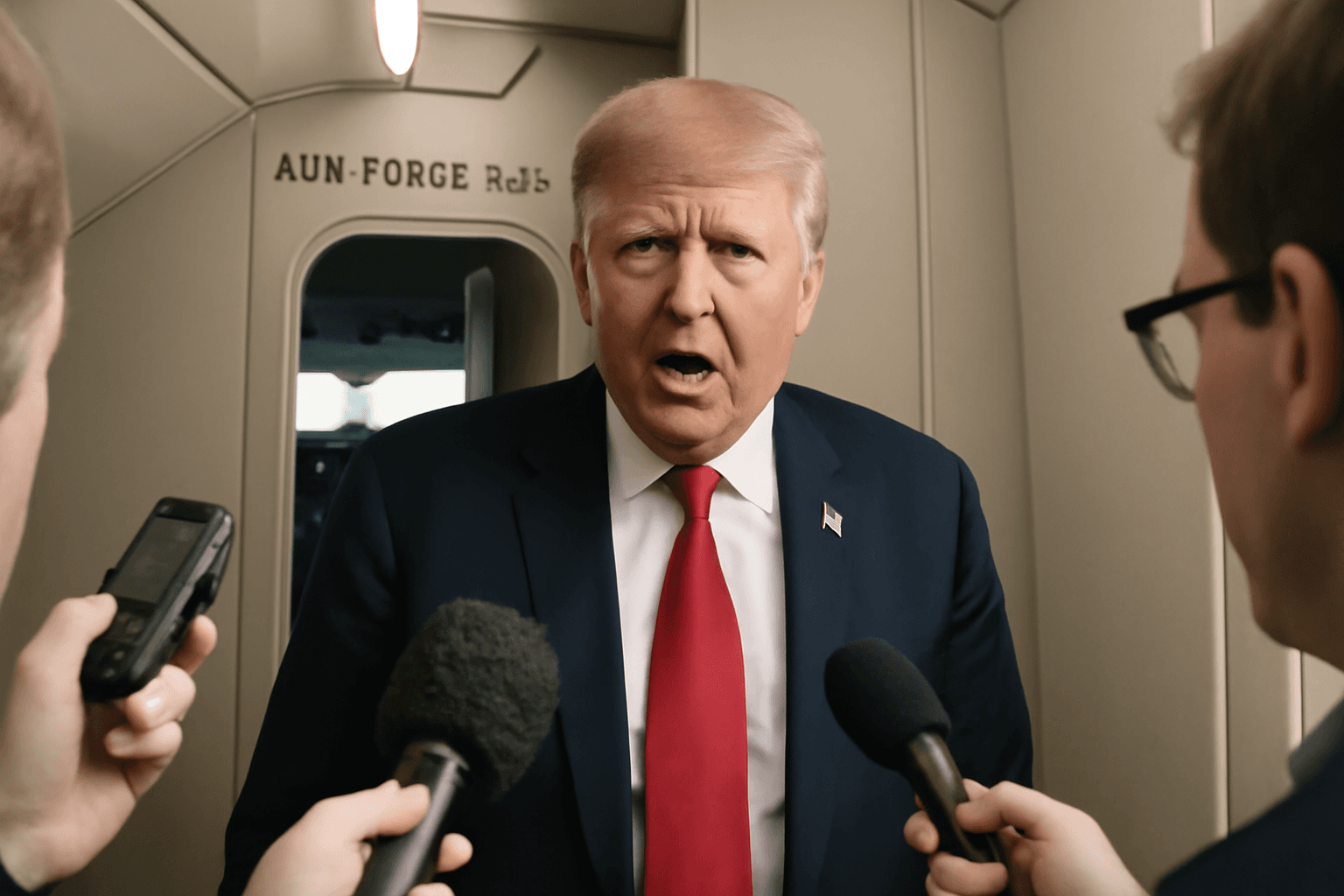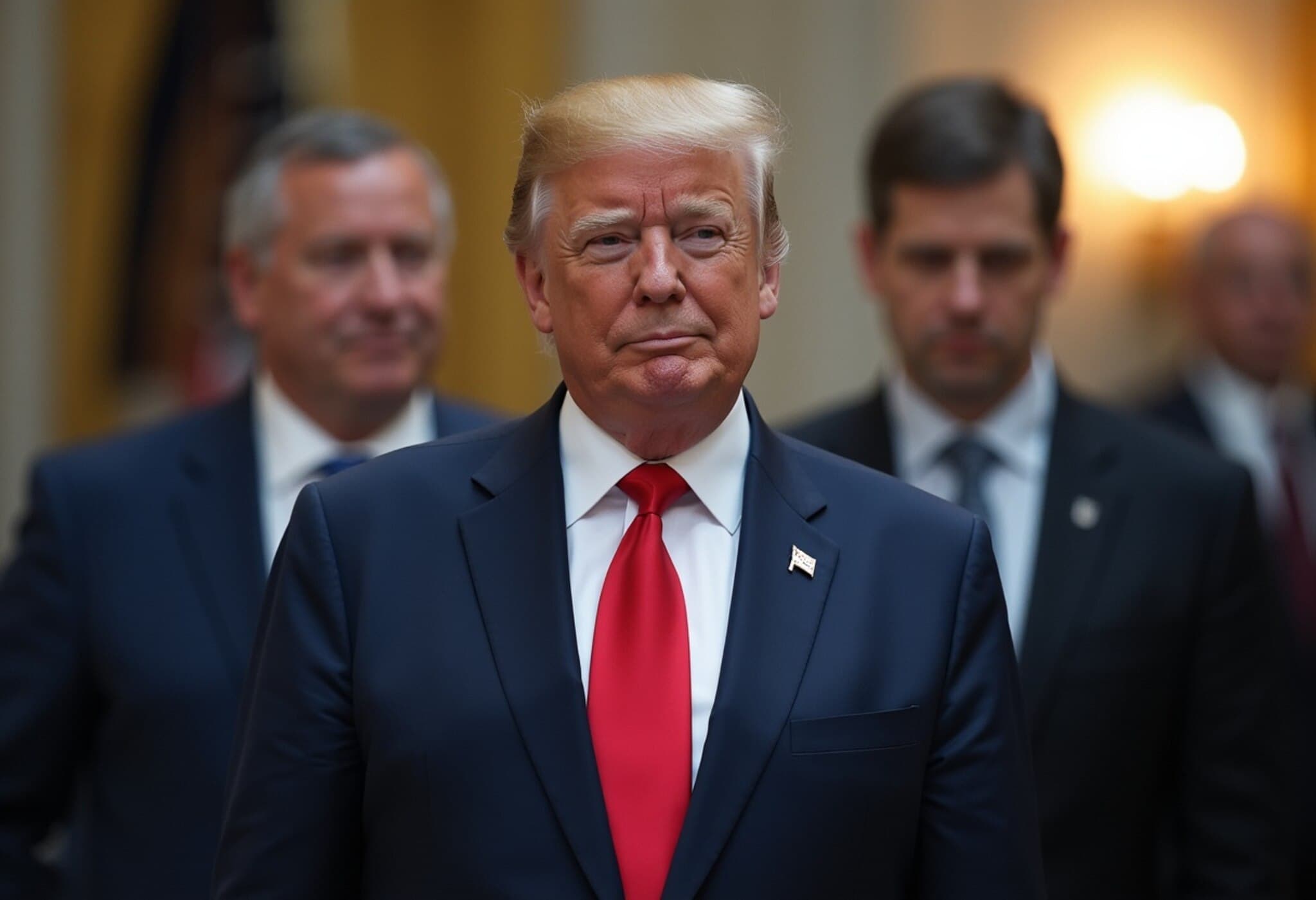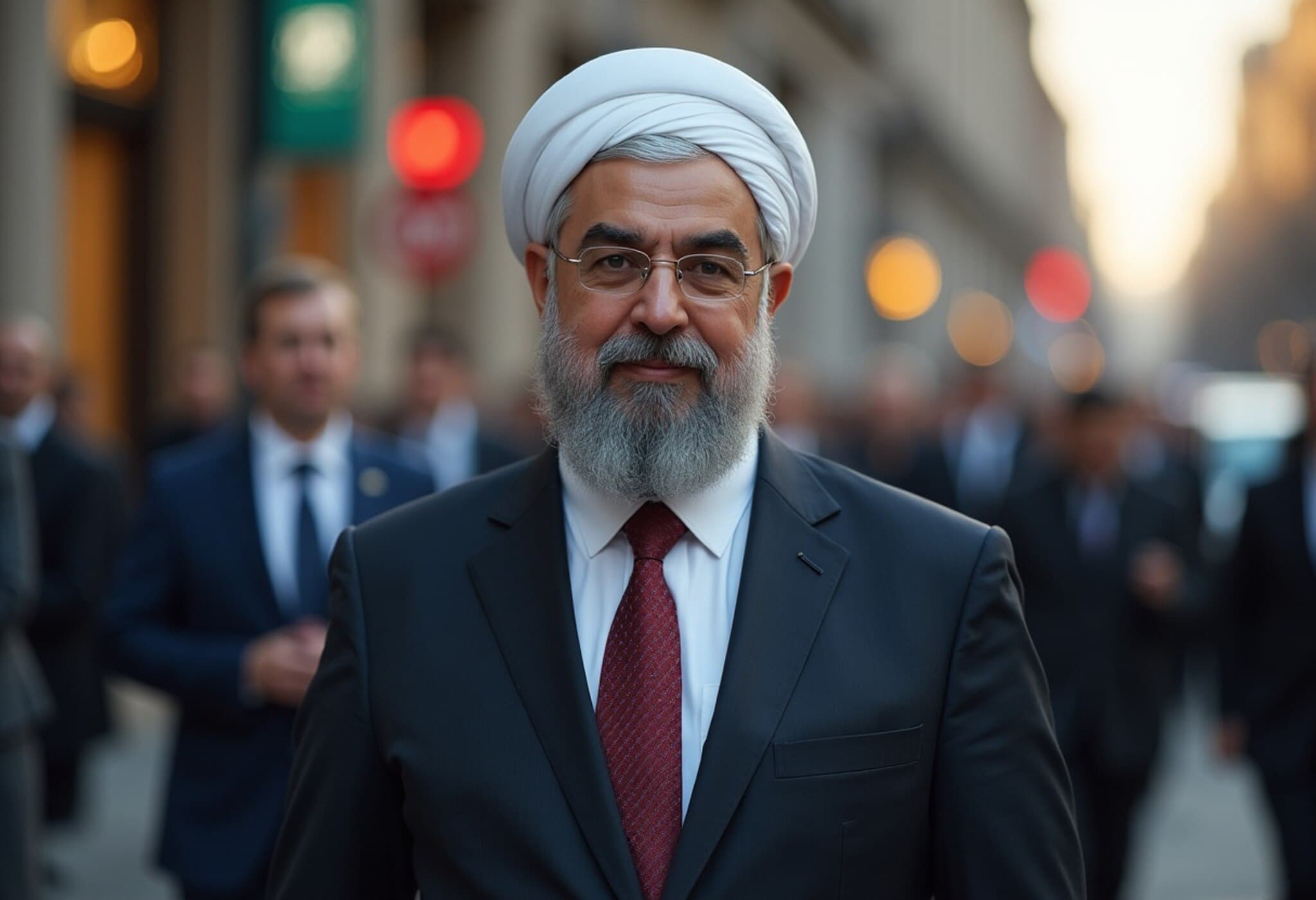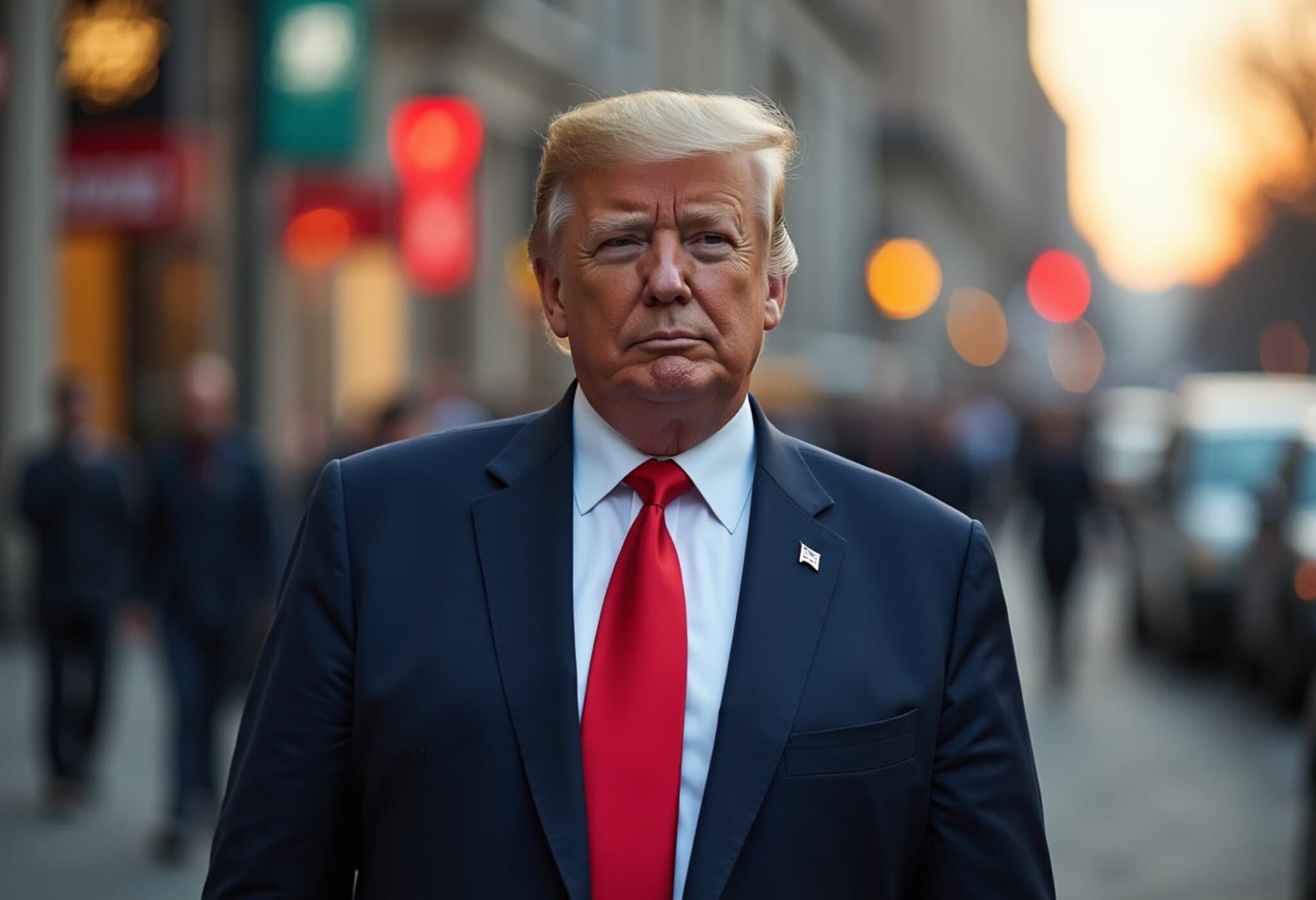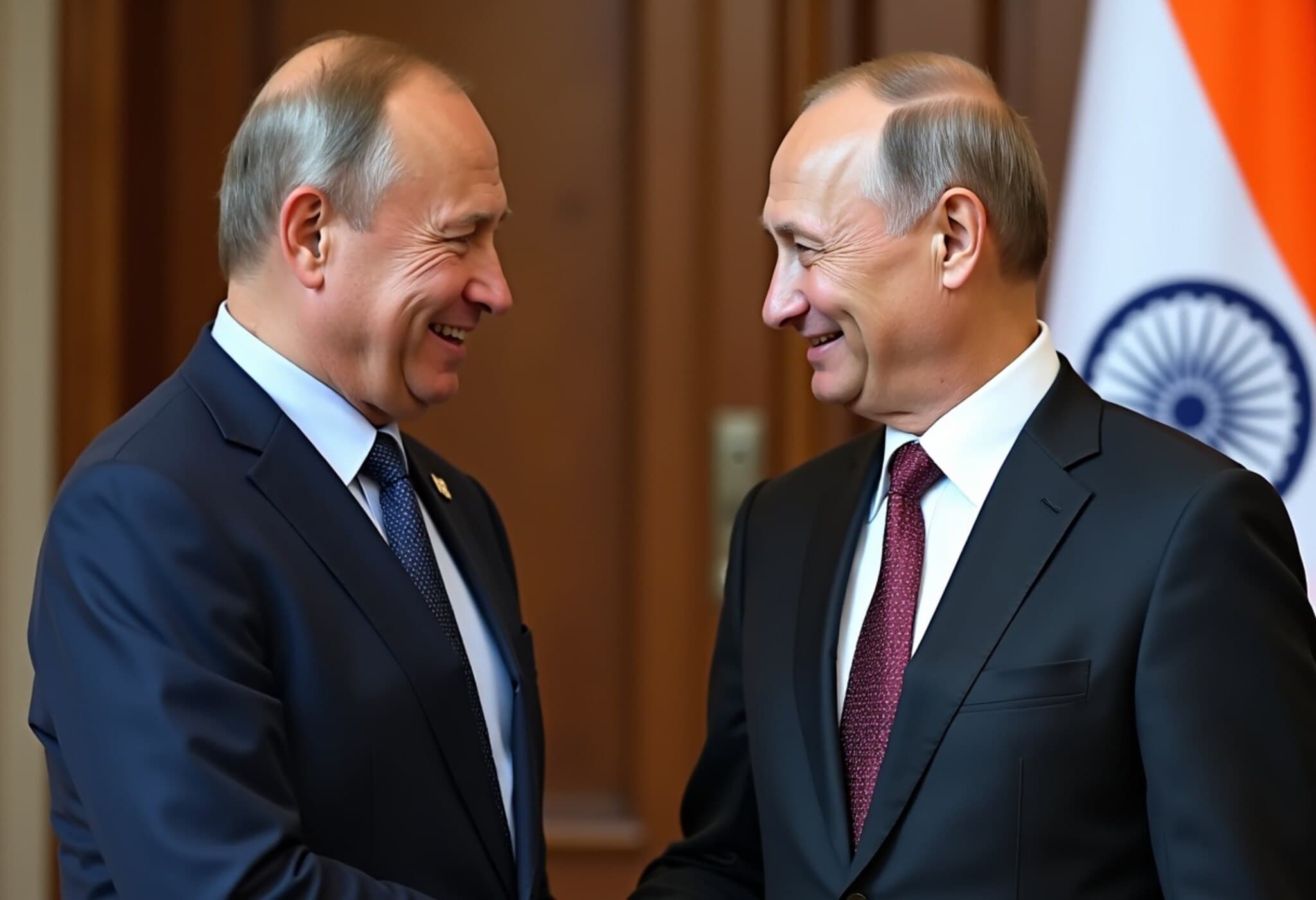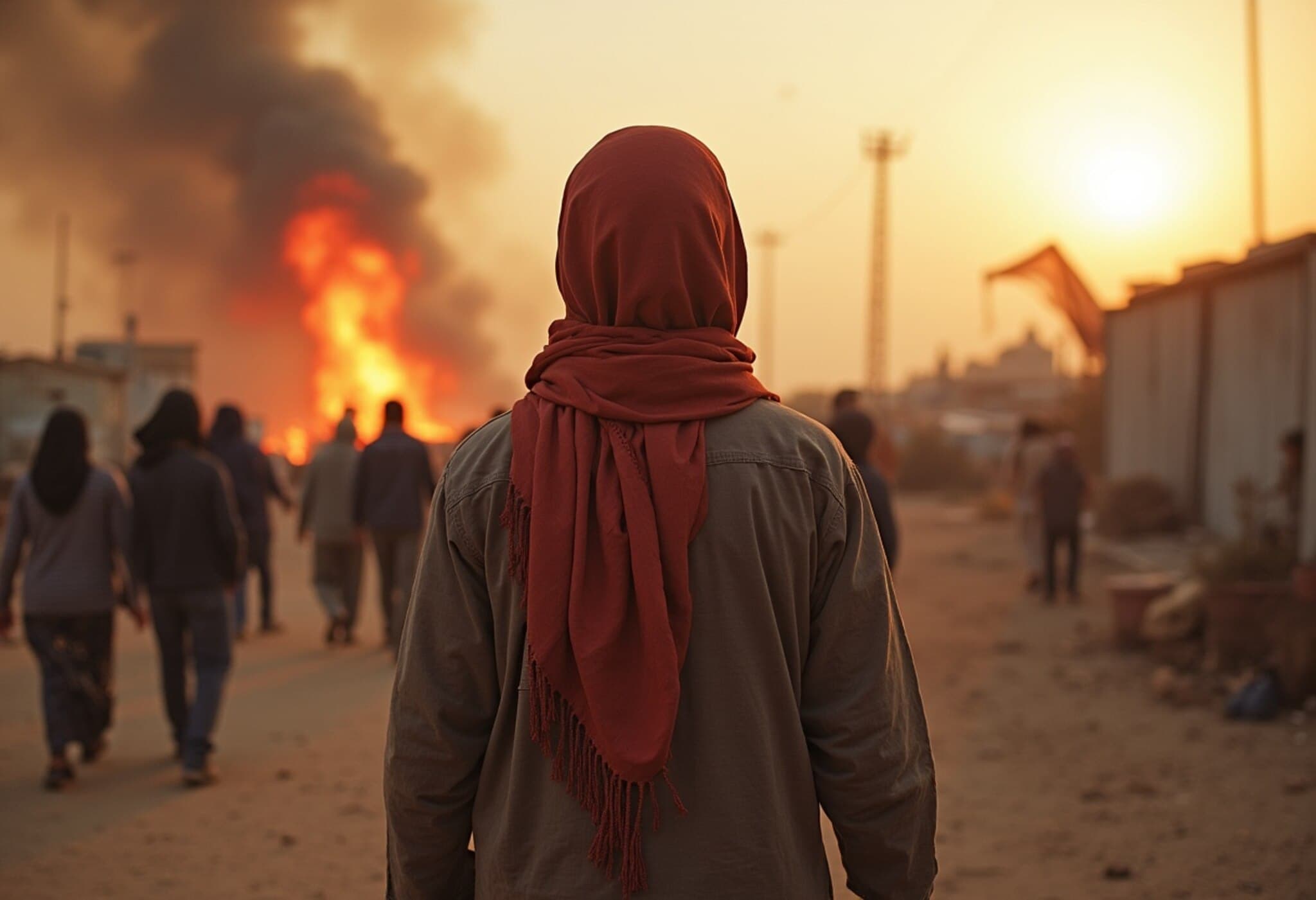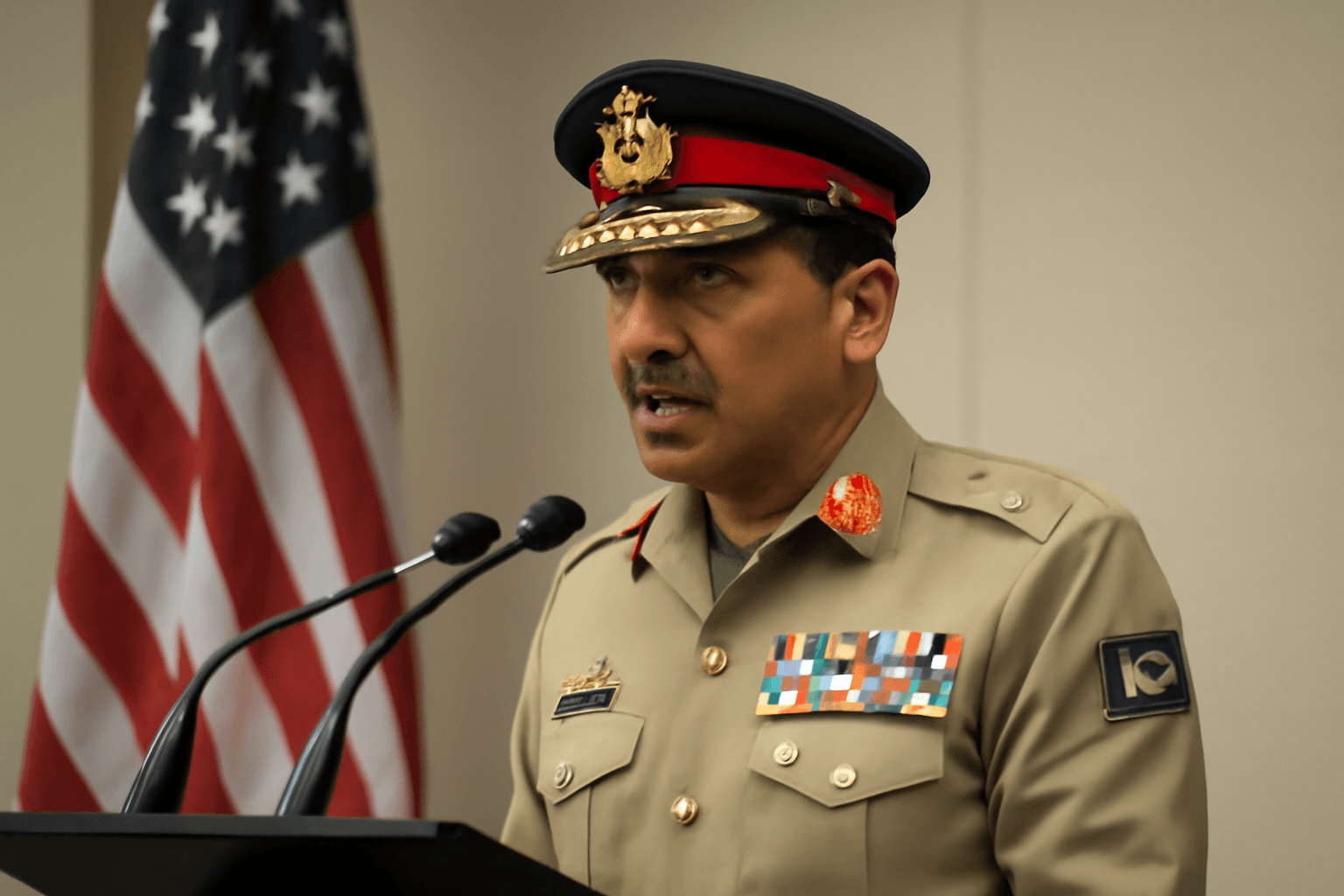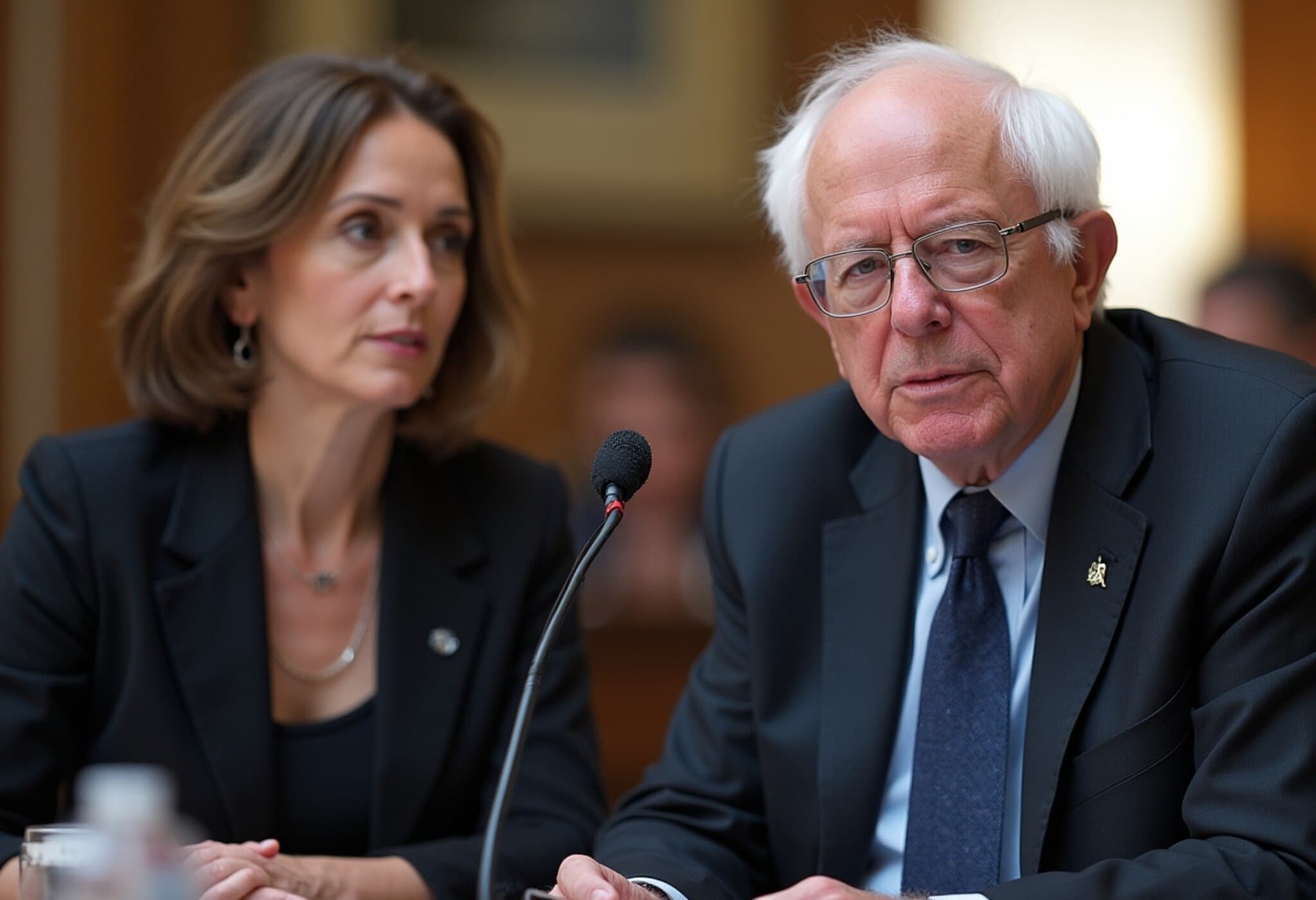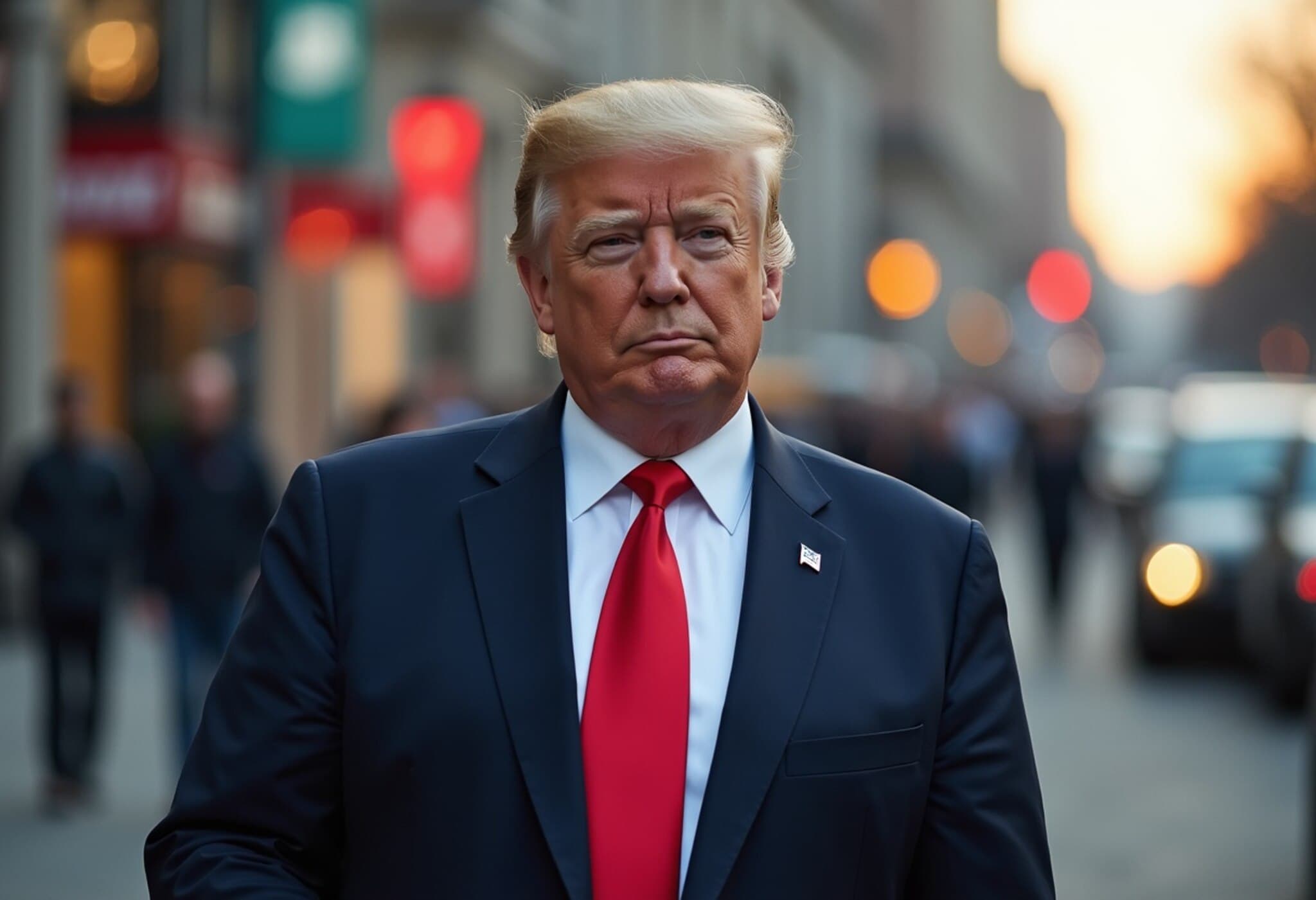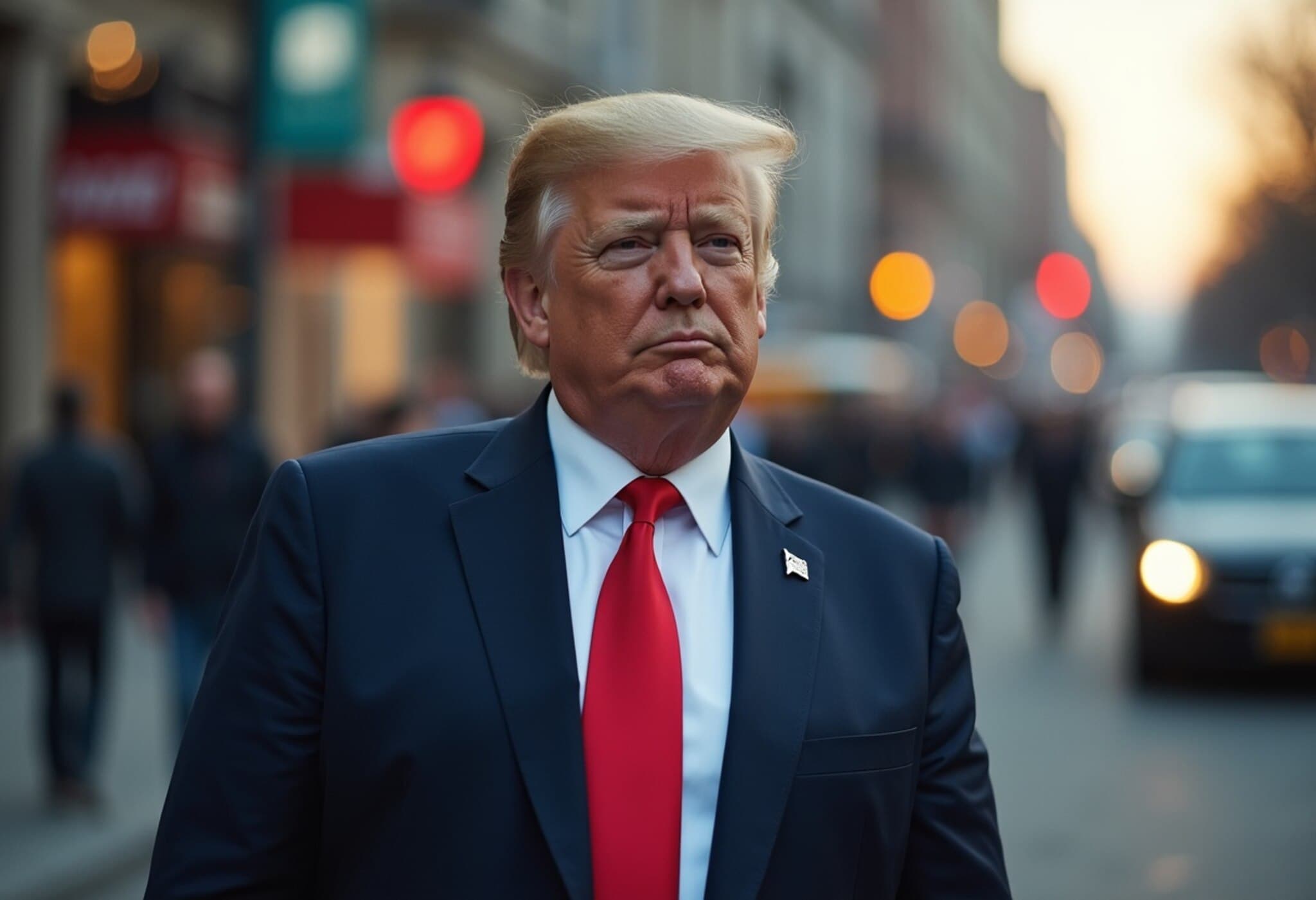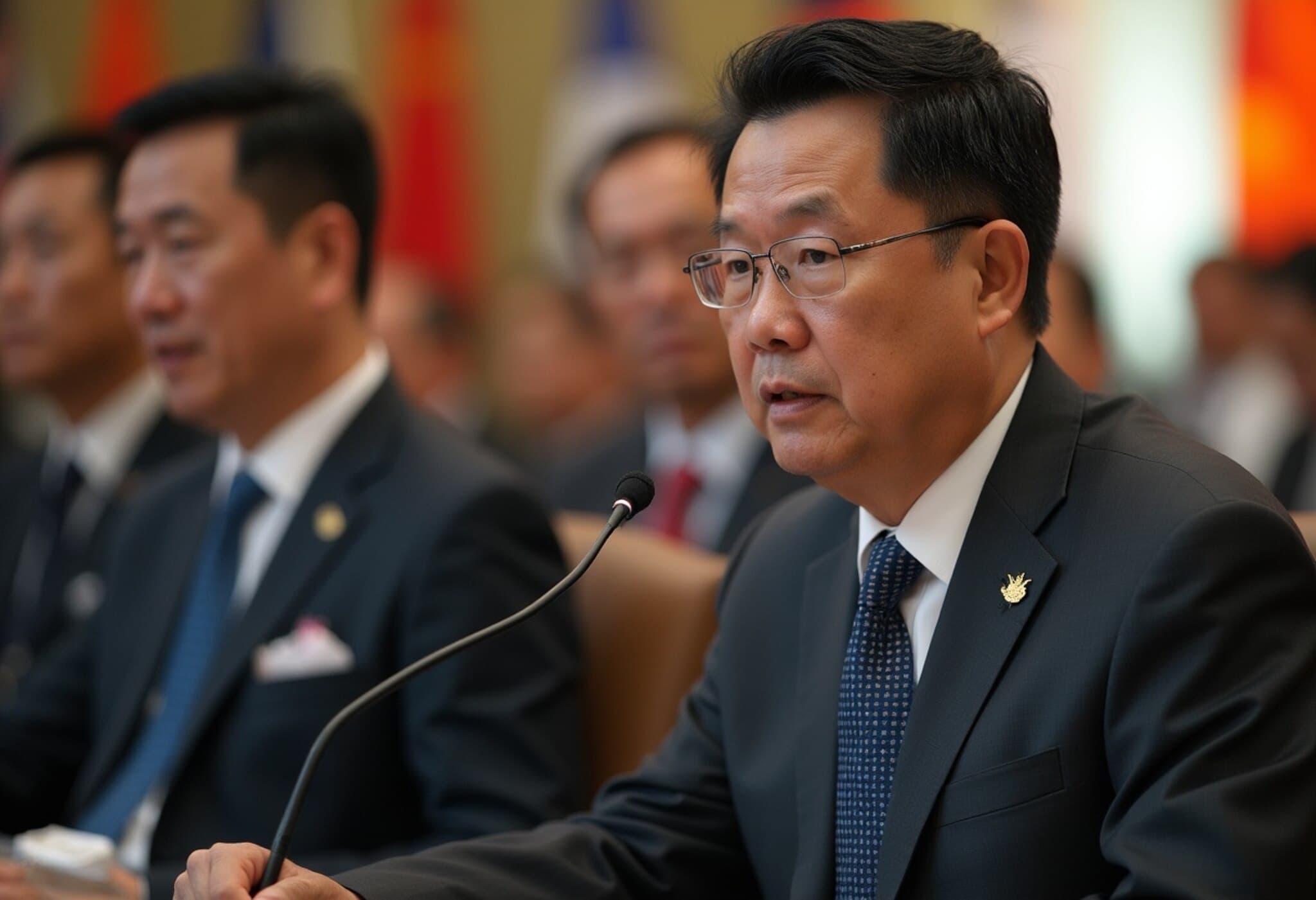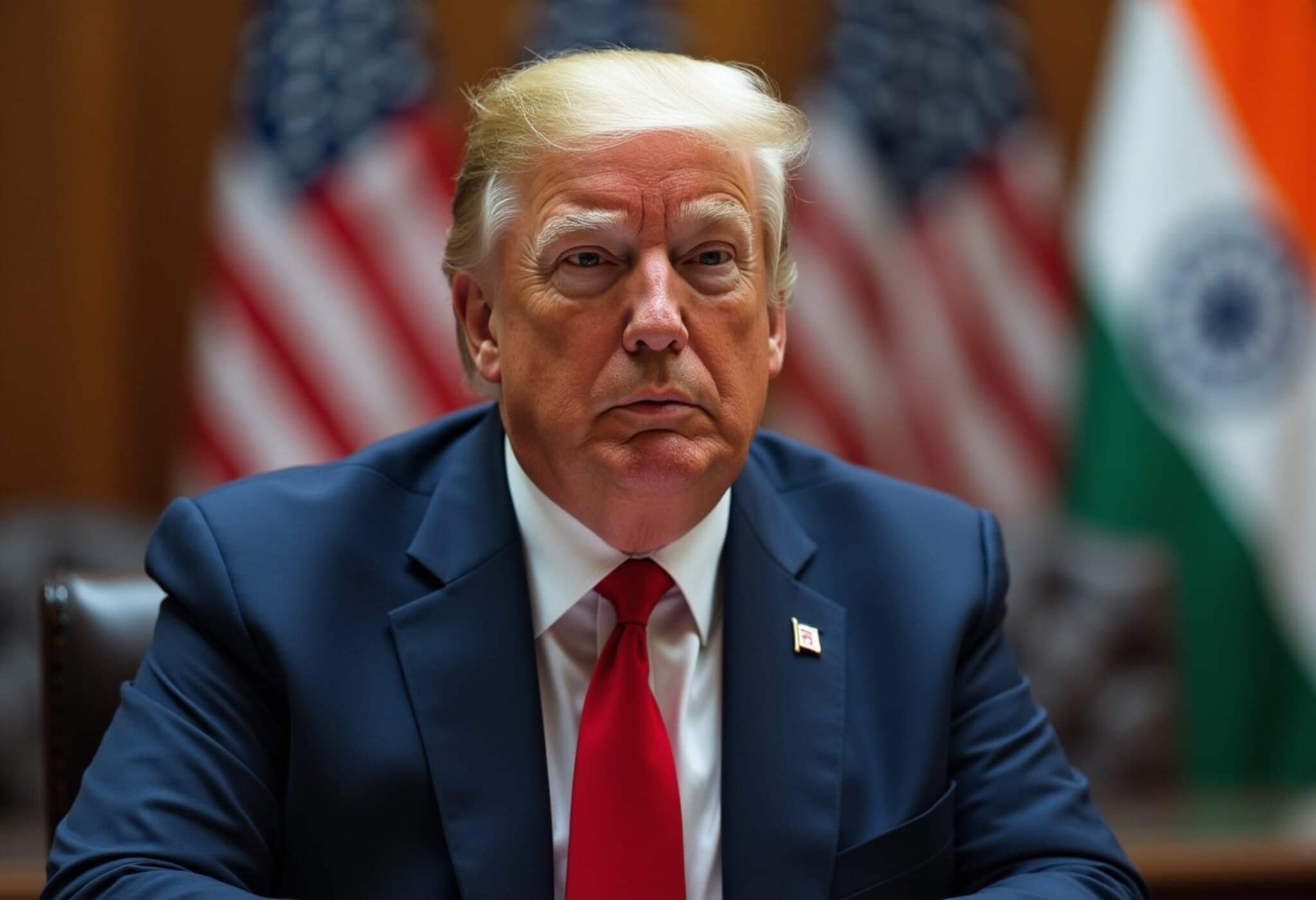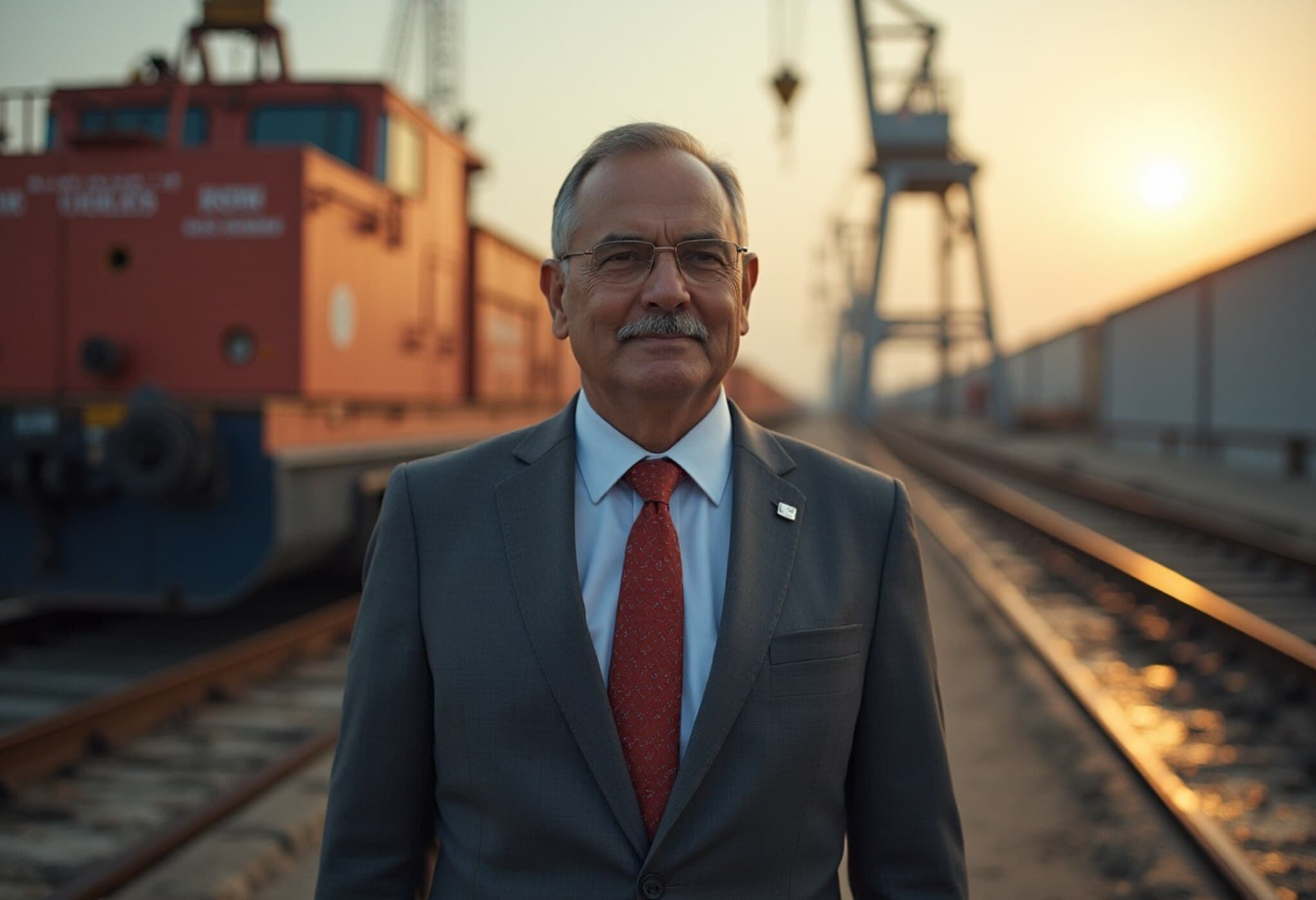India’s Resilient Stance Amid US Tariff Surge
India has responded with measured firmness after US President Donald Trump escalated trade tensions by imposing a 50% tariff on Indian goods, the steepest globally. This move sharply contrasts India's preference for negotiation and dialogue, signaling a choppy phase in bilateral trade relations. Prime Minister Narendra Modi expressed a steadfast commitment to protecting the livelihoods of India’s farmers, livestock rearers, and fisherfolk, emphasizing that these sectors are not negotiable.
India’s concerns center on US demands for greater market access in agricultural products and genetically modified crops—issues that have remained red lines for Delhi. The decision echoes India’s 2019 withdrawal from the Regional Comprehensive Economic Partnership (RCEP), underscoring its cautious approach to trade deals that might jeopardize domestic interests.
Trade and Geopolitical Complexity
The tariffs were reportedly a reaction to India’s ongoing purchase of Russian oil amid global sanctions, raising broader questions about geopolitical alignments. Notably, while the Trump administration has targeted India over Russian energy ties, China remains the largest buyer of Russian oil, with imports surpassing India’s by nearly $10 billion in 2024.
Russia has publicly dismissed the tariffs, reaffirming its strategic partnership with India. PM Modi’s recent phone call with President Vladimir Putin reaffirmed their commitment to deepening bilateral ties despite US pressures. Meanwhile, data show that US imports from Russia continue to rise, complicating Washington's stance.
Upcoming Diplomatic Milestones
Attention now turns to two crucial diplomatic events: the anticipated Trump-Putin summit and the Shanghai Cooperation Organisation (SCO) Summit in Tianjin, where Modi and Chinese President Xi Jinping are expected to meet. These meetings come at a time characterized by what experts term "mercenary multipolarity," where great powers prioritize self-interest over cooperation, potentially reshaping global geopolitics.
Global Outcry Over Israel’s Plan to Occupy Gaza City
After nearly two years of conflict in Gaza marked by widespread casualties and humanitarian disaster, Israel’s recent plan to occupy Gaza City has ignited sharp criticism worldwide. The security cabinet’s decision has raised alarm over potential mass displacement, further loss of life, and the fate of Israeli hostages held by Hamas.
Palestinian death toll estimates are staggeringly high, with some suggesting that over 186,000 lives have been lost—a figure much higher than official government counts. The United Nations Security Council convened an emergency session to address this escalation, reflecting global concern over what many describe as a looming humanitarian catastrophe.
Diplomatic Reactions and Humanitarian Concerns
Countries ranging from Saudi Arabia to Turkey and Iran have openly condemned Israel’s actions. Within Europe, leading nations have responded with unprecedented measures: Germany halted weapons exports to Israel temporarily, while the UK, France, and Canada have announced intentions to recognize Palestinian statehood.
Despite this, critics highlight the delayed international reaction to Gaza’s crisis, prompting questions about the efficacy and consistency of global humanitarian advocacy. Prominent voices like Israeli historian Ilan Pappe warn that while Israel’s isolation grows, real change in policy remains elusive.
Meanwhile, behind-the-scenes mediation efforts from Egypt and Qatar are underway to negotiate a ceasefire framework, potentially including the exchange of hostages for a halt to military operations.
India-Philippines Strategic Partnership: Strengthening Indo-Pacific Ties
Solidifying their growing ties, India and the Philippines have upgraded their relationship to a strategic partnership, marked by enhanced defense and maritime cooperation, new trade negotiations, and plans to initiate direct flights.
Prime Minister Modi described the Philippines as a vital partner under India's Act East Policy and 'MAHASAGAR' vision—strategies aimed at boosting regional connectivity and stability amid China’s increasing assertiveness in Southeast Asia.
Defense and Maritime Cooperation in Focus
- Completion of joint naval exercises in the West Philippine Sea sent a strong signal of solidarity between these vibrant democracies.
- Agreements included enhanced collaboration between their coast guards and armed forces, with the Philippines joining India’s International Fusion Centre for Indian Ocean security.
- India’s supply of BrahMos cruise missiles and potential transfers of Akash missile systems underscore deepening defense ties.
Broader Economic and Cultural Engagement
Beyond defense, the two countries aim to boost trade through Preferential Trade Agreement negotiations and expand people-to-people connections by launching direct flights alongside e-tourist visa facilities for Filipinos.
This strategic momentum reflects a mutual desire to counterbalance regional pressures while fostering a peaceful maritime order governed by international law.
Editor’s Note
This week’s developments reveal a world grappling with complex entanglements of trade tensions, humanitarian crises, and strategic realignments. India’s poised but firm approach to US tariffs reflects a balancing act between economic pragmatism and safeguarding national interests. The Gaza crisis lays bare the catastrophic human cost of protracted conflict and the challenges of international diplomacy amid deep divisions. Meanwhile, India’s partnership with the Philippines underscores the growing importance of middle powers in shaping Indo-Pacific security.
Readers are invited to consider the following:
- How might the evolving US-India trade relationship impact global supply chains and geopolitical alliances in the coming years?
- What lessons can the international community draw from the Gaza situation about timely intervention and conflict resolution?
- In what ways will regional partnerships like India-Philippines influence the balance of power in the Indo-Pacific region?
Understanding these interlinked narratives is crucial as we navigate an increasingly multipolar and uncertain world order.

